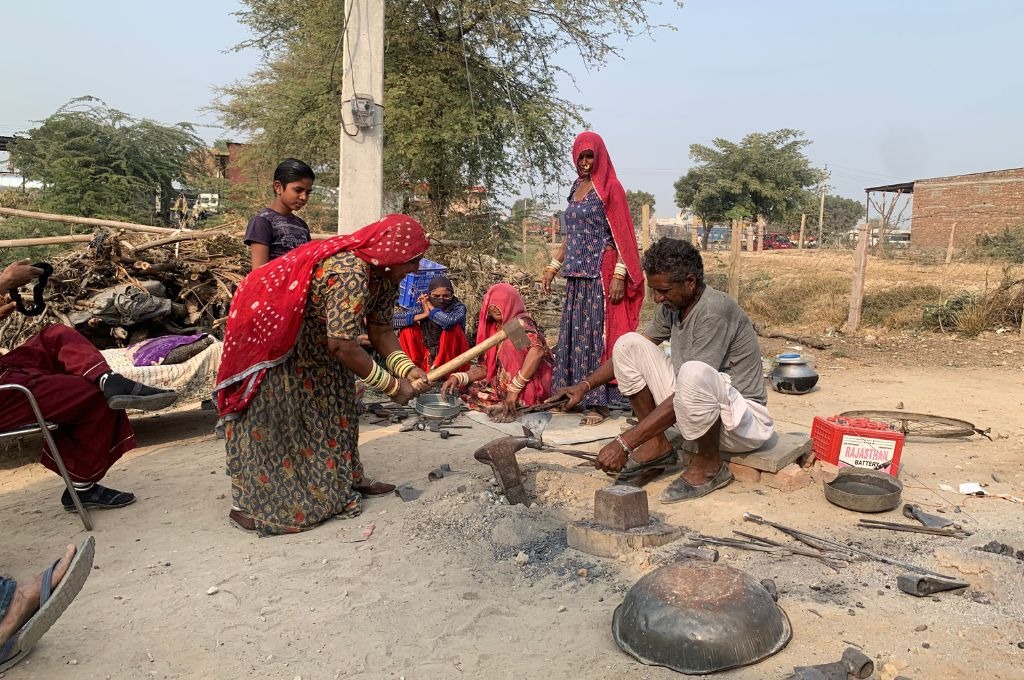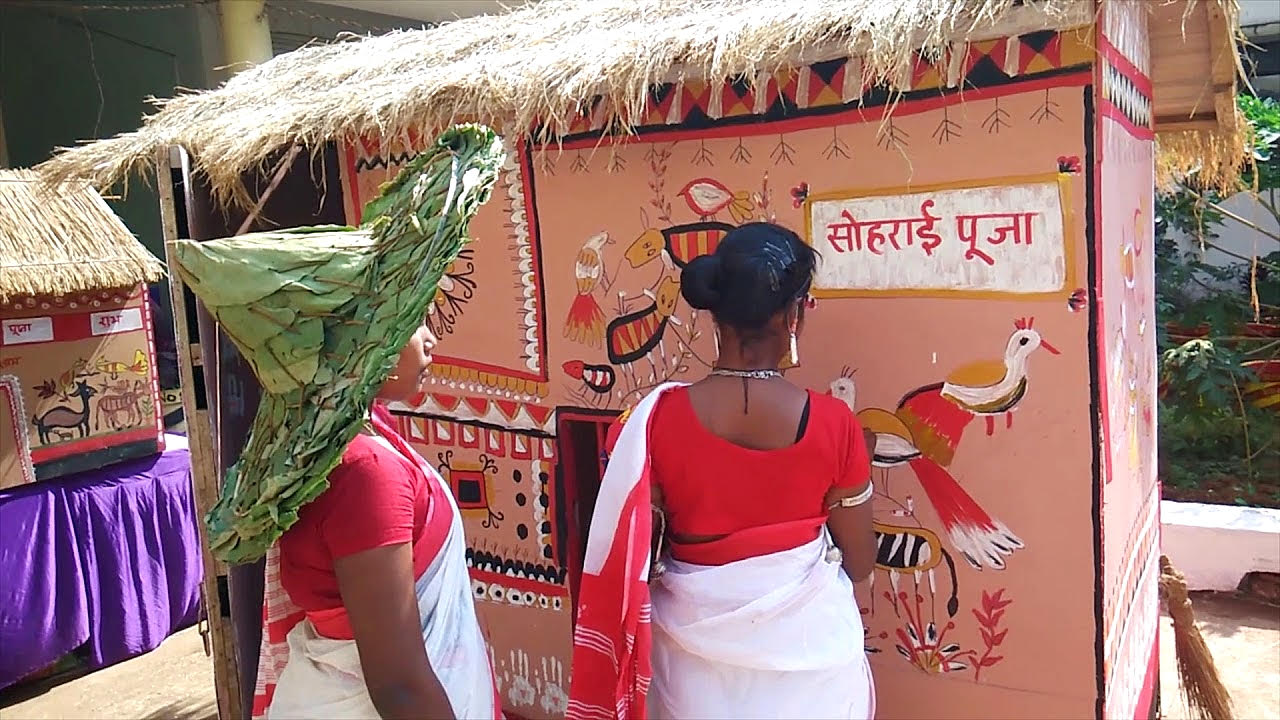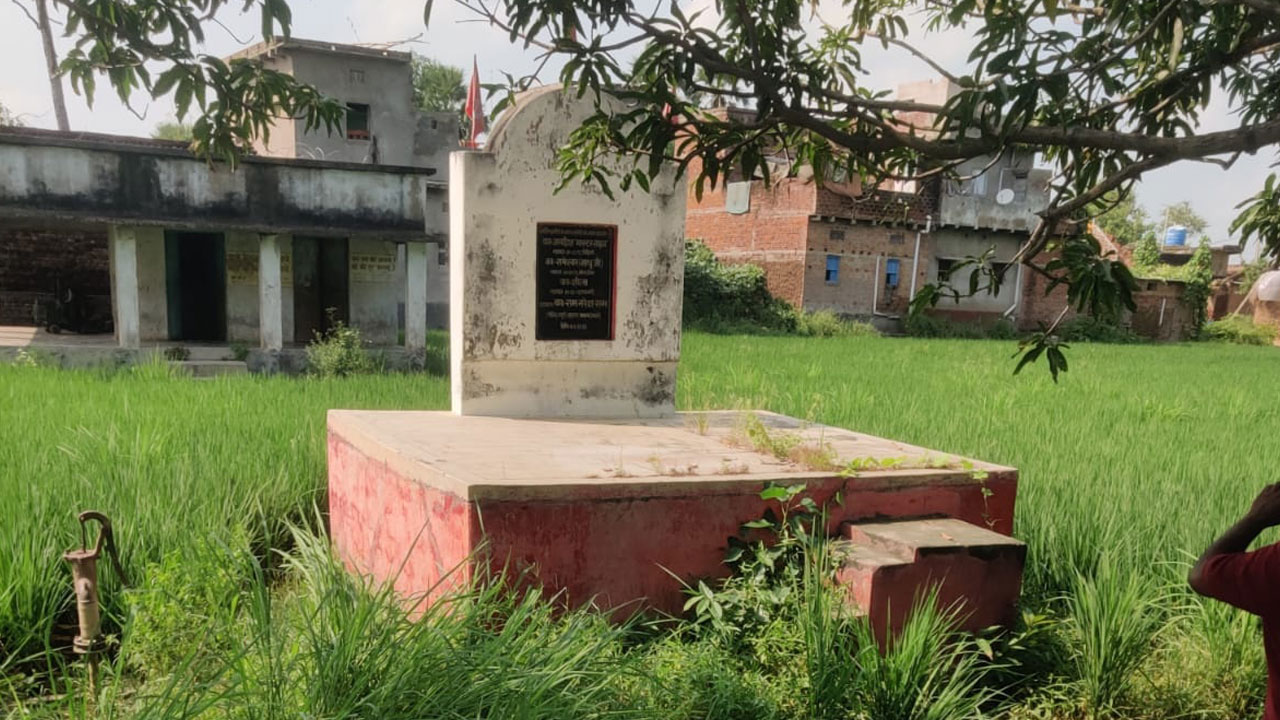Bihar’s politics has been “Mandalized” but the fields of literature, art and culture are still untouched. The state boasts a large number of Bahujan writers, but over the last 30 years of Mandal Raj in the state, Savarna writers and journalists have been dominating the Bihar government’s Rajbhasha Puraskar (Awards) – both as members of the jury and as recipients. Mind you, Lalu Prasad and Nitish Kumar – two chief ministers with a formidable popular base – have ruled the state during this period. The OBC (Other Backward Classes) and Dalit intellectuals, who gloat over the representation of their communities in politics, should realize that the dominance may have enriched their leaders, but it has had no significant impact on their communities. Of the 14 people picked for the 2021 awards by the Rajbhasha Vibhag (Department) recently, 12 are from upper castes or communities and one each is a Dalit, OBC and EBC (Extremely Backward Classes). Savarnas form around 12 per cent of the state’s population but they constitute around 100 per cent of the awardees. The Bahujan, who make up the majority, have a disappointing presence on the list of awardees.
Related Articles
Gadia Lohars: Still on the move, diminishing returns and no place to call home
The market for the products of Gadia Lohars is shrinking. Mechanization of farming has caused the demand for their hand-made implements to plummet. Savage...
Behold, the Light of the world!
This Christmas season, may we look beyond the twinkling lights and decorations, to the Light of the world who has entered our dark world...
Kant, Phule and Ambedkar, and the need for a collective struggle for the right to reason
In societies that are unequal not incidentally but structurally, the issue is not simply 'immaturity', as Kant poses, but being deprived of a social...
Sohrai: An Adivasi festival that celebrates oneness with nature and coexistence with cattle
‘Sohrai’ means ‘appreciating and caressing’. The festival is about caressing cattle, pampering them and expressing gratitude towards them; it is about the relationship between...
A day at Ekwari – the village of Rameshwar Ahir, Ram Naresh Ram and Jagdish Master
Rameshwar Ahir’s son Bihari Yadav said that even after his father’s martyrdom, violence continued in the village. Feudal elements killed Rajendra Chaudhari, who was...




